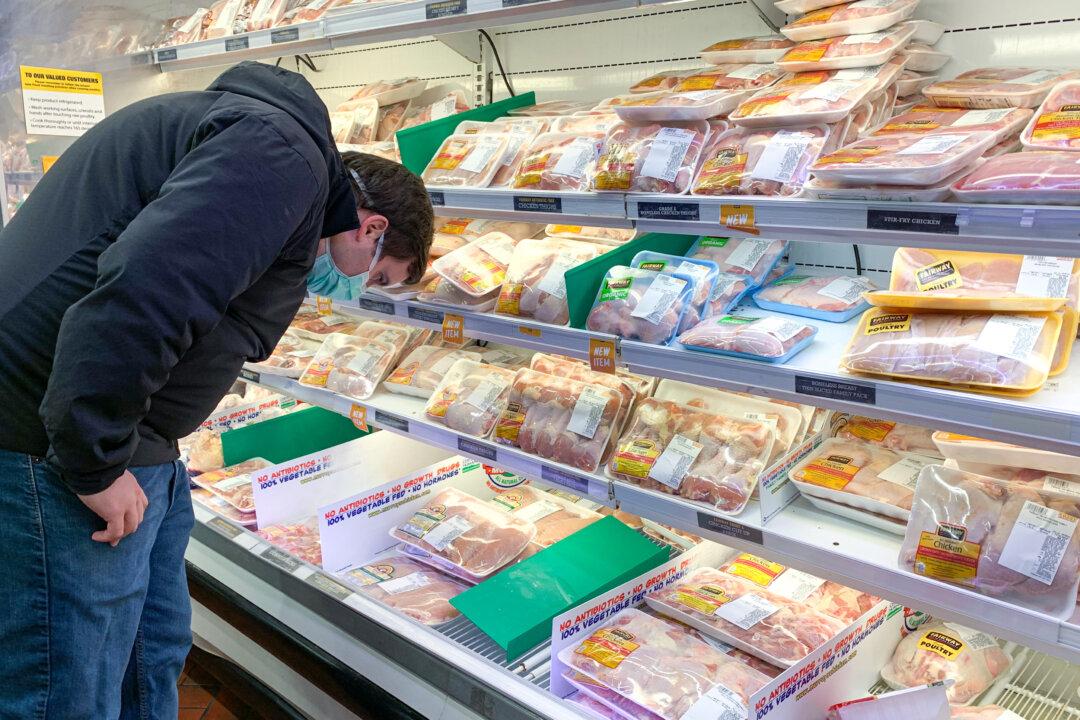In an odd twist brought upon by shutdowns triggered by the CCP virus pandemic, farmers and ranchers around the country are killing off livestock, dumping milk, and breaking eggs even as warnings emerge about impending meat shortages.
The problem lies with a handful of giant meat processing companies that take in pigs, cows, and chickens from farms to slaughter, butcher, and package the meat that Americans eventually buy in grocery stores. Outbreaks of COVID-19, the disease caused by the CCP virus, have forced some companies to shutter some plants, while others are operating at a reduced capacity as some workers call in sick and others stay home in fear of being infected.





